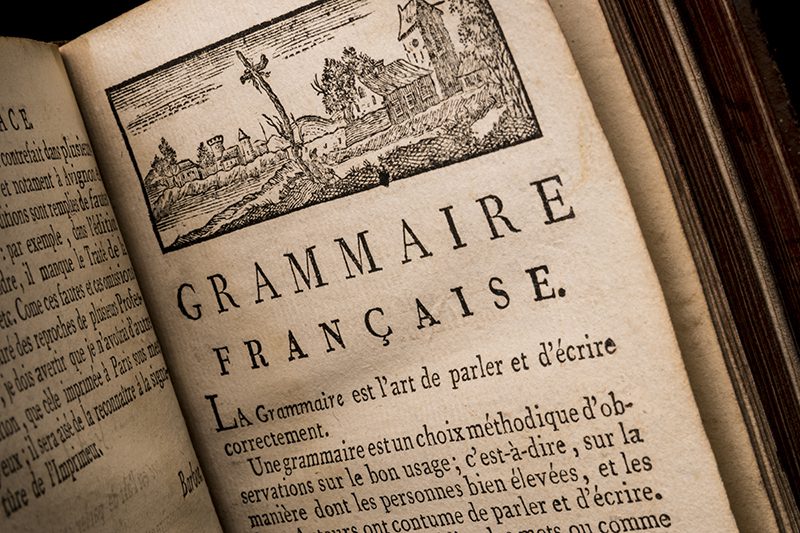One of the things that worries me most as a writer is making mistakes. Not the sort of mistake that is reasonable, like a typo that was overlooked or a word missing but an embarrassing revelation of my ignorance or assumptions. The cringe-worthy mistakes.
Here is my list of three types of mistakes I do my best to avoid.
Homophones (words that sound the same but are spelled differently and have different meanings.)
The other day I was working on a piece and I wrote “she pealed out of the driveway.” I almost ignored my inner voice saying, check it first. Is it peal or peel? Initially I was thinking of the sound of the tires squealing. I looked up the word peal. It had more to do with chiming and reverberation than squealing. So I was wrong. The correct usage would be “she peeled out of the driveway.” The use of the word peel refers to the rubber coming off the tires not the sound it makes while doing so. My mistake. I am really glad I checked. But these sorts of mistakes are quite common, even in some published books and they are rife on the internet. So here is a list of common homophone errors. Do you know the difference?
Affect and Effect
Aisle and Isle
Altar and Alter
Bate and Bait
Bare and Bear
Breech and Breach
Cash and Cache
Capital and Capitol
Cord and Chord
Clamber and Clamor
Click and Clique
Compliment and Complement
Cue and Queue
Deprivation and Depravation
Disk and Disc
Discreet and Discrete
Douse and Dowse
Duel and Dual
Elicit and Illicit
Feint and Faint
Faze and Phase
Forego and Forgo
Gaited and Gated
Gibe and Jibe
Gourd and Gored
Hangar and Hanger
Handsome and Hansom
High and Hie
Horde and Hoard
Hostel and Hostile
Idol, Idyll and Idle
Incite and Insight
Jam and Jamb
Jewel and Joule
Knave and Nave
Logger and Lager
Laps and Lapse
Leaches and Leeches
Lightening and Lightning
Loot and Lute
Mantle and Mantel
Maze and Maize
Metal and Mettle
Naval and Navel
Pallet, Palette, and Palate
Peak, Peek, and Pique
Principal and Principle
Paring and Pairing
Passed and Past
Peddle and Pedal
Pistil and Pistol
Plaiting and Plating
Poring and Pouring
Racked and Wracked
Razed and Raised
Reek and Wreak
Rest and Wrest
Rue and Roux
Rung and Wrung
Sensor and Censor
Serge and Surge
Shoot and Chute
Sited and Cited
Slight and Sleight
Team and Teem
Throws and Throes
Timber and Timbre
Vain, Vein, Vane
Veil, Vale, Vail
Vice and Vise
Vial and Vile
Weather and Whether
Whorl and Whirl
Wit and Whit
Wretch and Retch
Spellings and Definitions
Here is a mistake that I made recently and was embarrassingly corrected by a magazine editor.
“The ship floated further away.”
I got a curt replacement word. FARTHER. So I looked it up. Apparently, farther is for literal distance while the word further is saved for metaphorical distance. Here are a few others I have discovered, sometimes painfully in my own work.
Continual or Continuous. They are not interchangeable as I once believed. Continual means ongoing WITH interruptions or pauses. Continuous means ongoing WITHOUT interruptions.
Another simple one but easy to confuse is Diffuse and Defuse. Diffuse means to spread around and Defuse means to literally remove the fuse from a bomb. Quite different in meaning.
This one is simple but important. Emigrate and Immigrate. Emigrate is to leave your native country to live elsewhere. Immigrate is to move to a non-native country to live. Example: He emigrated from his home country of Russia. He immigrated to Canada.
Apart and A Part. I have to watch this one a lot in my work. If I get sloppy in my typing it can be disastrous to the meaning of a sentence. Apart means separated by distance. A Part means a fraction or piece of a whole.
There are so many examples of this kind of misuse of language and as writers it is important to be vigilant and always check, even if you’re sure.
The Extra, Redundant Words
Did you see what I did right there? The way we humans talk is not always appropriate for the written word. We use a lot of extra and repetitive words. I am guilty of using extra words regularly. It’s embarrassing how much I do this. Here are a few to watch out for in your own writing. Think about how much stronger the single word becomes when you remove the extra word.
Fell Down
Continue On
Direct Confrontation
Exact Same
Free Gift
Join Together
Personal Opinion
Raise Up
Unexpected Surprise
Unsolved Mystery
Shuttle Back and Forth
Sudden Impulse
If you’re looking to cut your word length and trim up your writing this is a great beginning point. Look for redundancy and I am sure you will find it in your own writing.
To Err is Human
A friend once told me that there will always be mistakes in my writing. No matter how many times it is edited and read by others including professionals. I find at least one typo in almost every book I read so I know this to be true. He said, “There will be mistakes in your work, and in others’ work. Even the best work has mistakes. When you see these mistakes it lets you know that what you are reading was created by a human being.”

